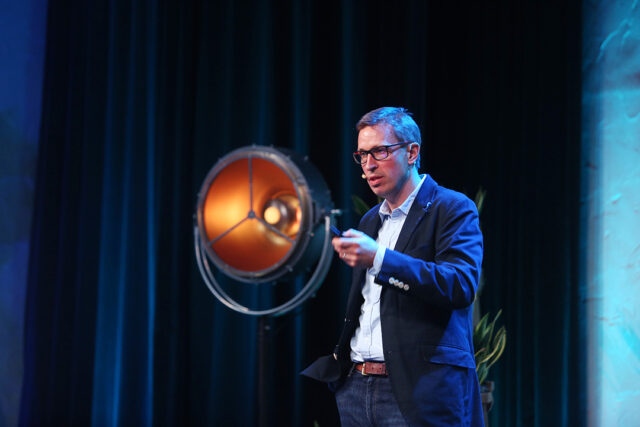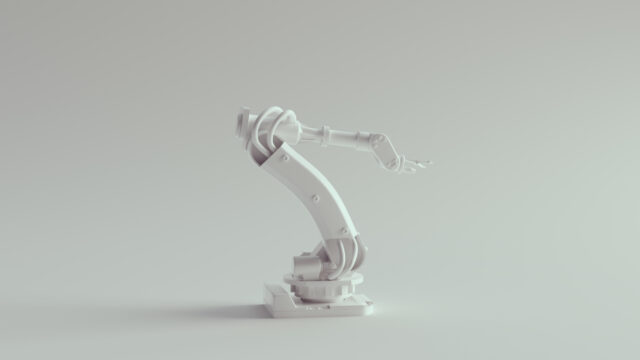Could ATCG replace the 1s and 0s of binary? Before the end of the decade, it might be necessary to change the way we store our data.
According to a report by Gartner, shortfall in enterprise storage capacity alone could amount to nearly two-thirds of demand, or about 20 million petabytes, by 2030. Essentially, if we don’t make significant changes to the way we store data, the need for magnetic tape, disk drives, and SSDs will outstrip our ability to make and store them.
“We would need not only exponentially more magnetic tape, disk drives, and flash memory, but exponentially more factories to produce these storage media, and exponentially more data centres and warehouses to store them,” writes Rob Carlson, a Managing Director at Planetary Technologies. “If this is technically feasible, it’s economically implausible.”
Data stores on DNA
One way massive amounts of archival data can be stored is by ditching traditional methods like magnetic tape for synthetic strands of DNA.
According to Bas Bögels, a researcher at the Eindhoven University of Technology published in Nature, “Even as the world generates increasingly more data, our capacity to store this information lags behind. Because traditional long-term storage media such as hard discs or magnetic tape have limited durability and storage density, there is growing interest in small organic molecules, polymers and, more recently, DNA as molecular data carriers.”
Demonstrations of the technology have already cropped up in the public sector.
In a historic fusion of past and future, the French national archives welcomed a groundbreaking addition to its colleciton. In 2021, the archive’s governing body entered two capsules containing information written on DNA into its vault. Each capsule contained 100 billion copies of the Declaration of the Rights of Man and the Citizen from 1789 and Olympe de Gouges’ Declaration of the Rights of Woman and the Female Citizen from 1791.
The ability to compress 200 billion written works onto something roughly the size and shape of a dietary supplement points towards a possible solution for the looming data storage crisis.
Is DNA storage a possible solution to the data storage crisis?
“Density is one advantage, but let’s look at energy,” says Murali Prahalad, president and CEO of DNA storage startup Iridia in a recent Q&A. He adds that, “Even relative to ‘lower operating energy systems’, DNA wins. [Synthesising DNA storage] is part of a natural process that doesn’t require the kind of energy or rare metals that are needed in magnetic media.”
Founded in 2016, the startup Iridia is planning to commercialise its DNA storage-as-a-service offering for archives and cold data storage in 2026.
It’s not the only startup looking to push the technology to market, however. By the end of the decade, the DNA storage market is expected to be worth over $3.3 billion, up from just $76 million in 2022. As a result, DNA storage startups like Iridia are appearing throughout the data storage space, admittedly with mixed amounts of promise.
After raising $5.2 million in 2022, another startup called Biomemory recently commercially released a credit card-sized DNA storage device capable of storing 1 kilobyte of storage (about the length of a short email). Biomemory’s card promises to store the information encoded into its DNA for a minimum of 150 years, although some have questioned the device’s $1,000 price tag.
DNA storage has advanced by leaps and bounds in the past few years. However, whether it represents a viable solution to the way we handle our data—especially as artificial intelligence and IoT drive the amount of information generated and processed on a daily basis through the stratosphere. Nevertheless, it’s a promising alternative to our existing, increasingly insufficient methods.
DNA is “cheap, readily available, and stable at room temperature for millennia,” Rob Carlson reflects. “In a few years your hard drive may be full of such squishy stuff.”
- Data & AI
- Infrastructure & Cloud











